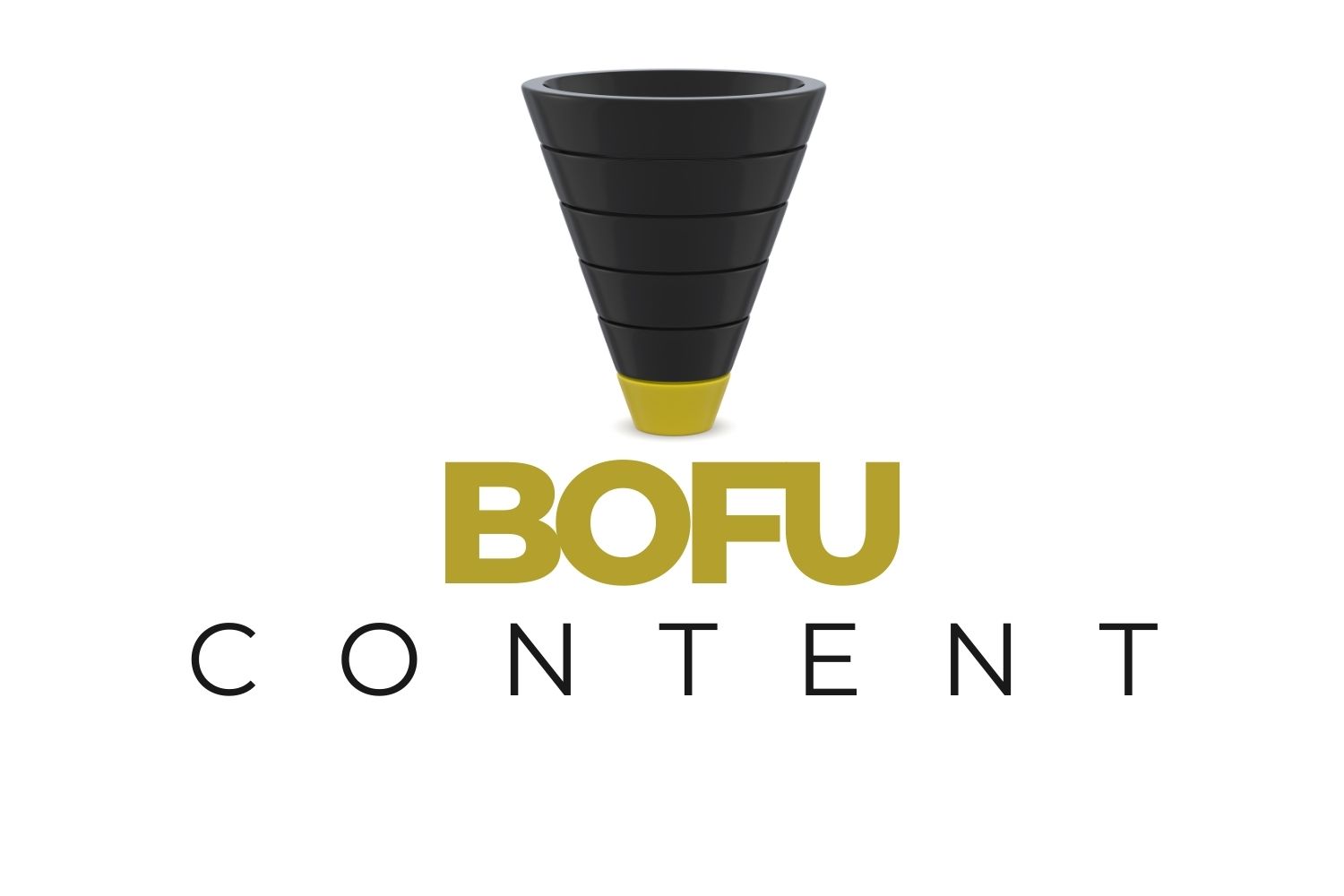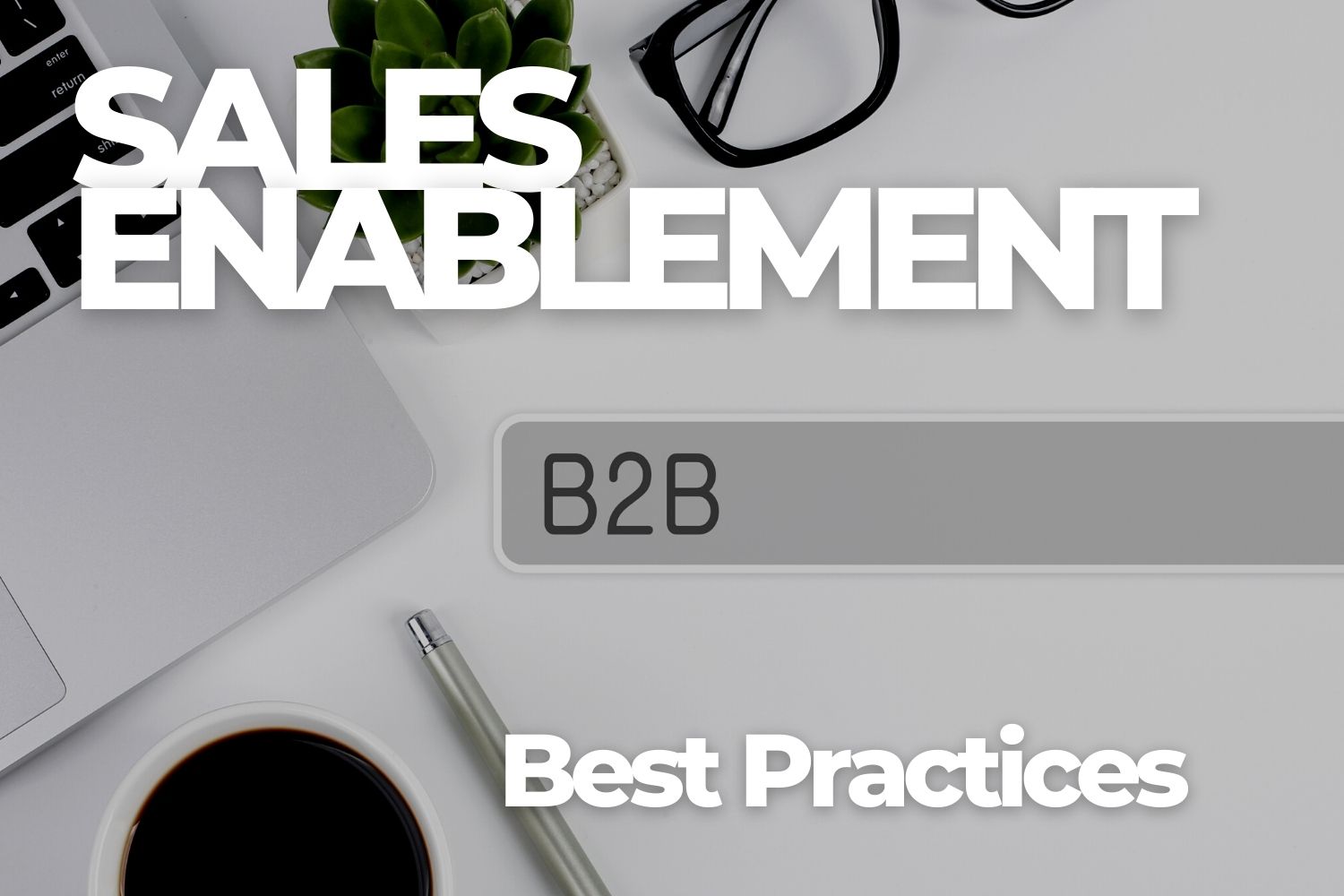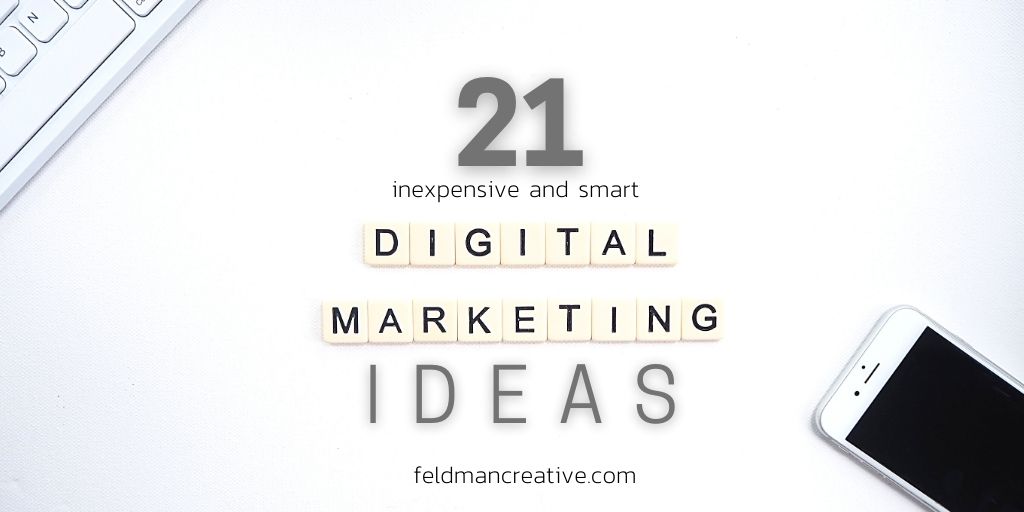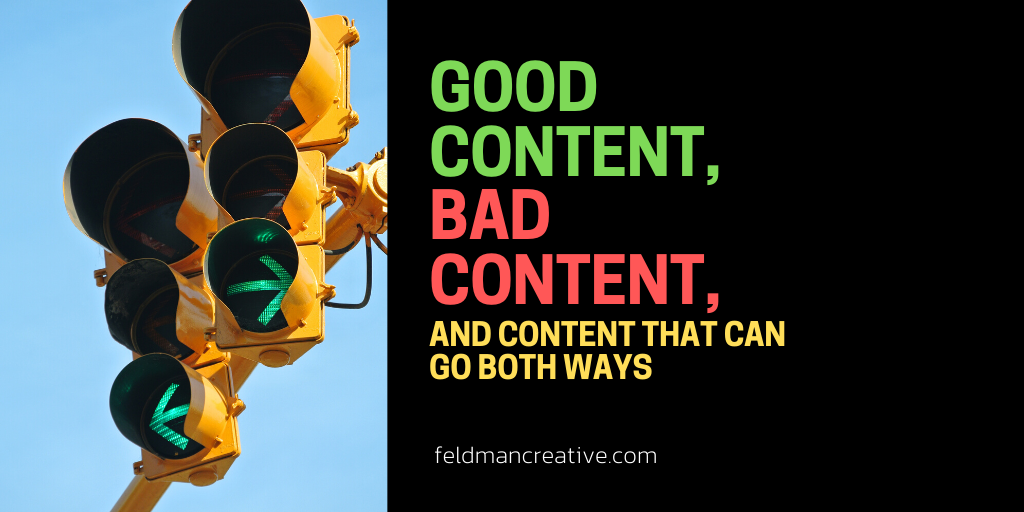Here’s what I’ve done to create a page featuring digital marketing FAQs…
- I’ve racked my brain to list questions I’m asked by clients, on podcasts, etc.
- I’ve selected the questions I believe I can answer and scoured other posts featuring common questions about digital marketing.
- I’ve answered each mostly based on my experience and insights but with additional research in some cases.
And then…
- I’ve reviewed and revised each answer aiming to use as little jargon as possible and present the answers in simple terms.
- I’ve added links to posts I’ve written that expand on the topic.
I don’t have all the answers. Want to contribute to this post? Read my note at the end. It’d be cool to see this post expand. And now, enjoy (and share) this extensive but simple list of digital marketing FAQs.
Clear n' simple... Nearly 50 FAQs about digital marketing with concise and easy-to-understand answers (and you can add your own). Share on XWhat is digital marketing?
Digital marketing involves marketing to people using Internet-connected electronic devices, namely computers, smartphones and tablets. Digital marketing focuses on channels such as search engines, social media, email, websites and apps to connect with prospects and customers.
More > 4 Pillars of Effective Digital Marketing (free eBook)
What does a digital marketer do?
Digital marketing has evolved to the point where an immense array of specialists consult with brands to develop effective strategies or implement programs. If you’re new to digital marketing, or lack experience or resources, you should consider engaging an experienced and versatile digital marketing consultant.
More > What Can a Digital Marketing Consultant Do for You?
Would my business benefit from digital marketing?
Definitely. Though companies in many business categories continue to approach digital marketing with skepticism, avoiding digital marketing denies your business access to the media the majority of consumers turn to first and at all hours of the day.
What’s the biggest mistake digital marketers make?
Blowing their own horn. Yes, of course, the primary goal of marketing is to create leads. However, in the age of digital media a brand-centric, salesy approach deflects interest in your company. Make your marketing customer-centric.
Second biggest mistake: Far too often, digital marketers start and stop. You need to contribute a steady flow of content to the channels you use.
How often should I update my website?
Websites that go for long periods with no updates and new content are unlikely to perform well or support any useful digital marketing objectives. Though a static website technically qualifies as a website it’s bound to be more than a digital brochure that produces little or no leads.
What do I need to know about mobile?
Mobile phones are the most used technology in the world. Most of your prospects spend the majority of their media time—and hours—using a smartphone. Mobile marketing focuses on mobile strategies like messaging, mobile applications, and mobile websites. A brand that ignores mobile marketing is doomed.
What is content marketing?
Content marketing is the creation and distribution of educational and/or entertaining information assets for the purpose of generating brand awareness, traffic, leads and sales. Marketing content is generally free and does not explicitly promote your brand as an ad would.
More > The Content Marketing Roadmap — a trove of resources
What’s involved in creating a content marketing strategy?
A content marketing strategy is a plan for building an audience. Elements of content marketing strategy include establishing objectives, audience personas, a value proposition, content marketing mission statement, a buyer journey map, and plans for creating, promoting and analyzing how content marketing assets and programs perform.
More > Fast-Track Your Content Marketing Strategy
Do I need a blog?
Email, social media, search and other elements of your digital marketing mix will depend on delivering useful content. Though video outlets, podcasts, and media galleries present other options, a blog is by far the most used tactic for distributing marketing content on a channel over which you have complete control.
More > The Business Blogging Plan — 50 Best Practices
What content should we create?
There can be no all-encompassing answer to this question except to say you should create content buyers will find relevant and useful. Leading candidates include blog posts, articles, ebooks, infographics, microsites, videos, courses, case studies, newsletters, visuals and various forms of interactive content.
More > A Guide to 11 Popular Content Formats
How often do I need to publish blog posts or create new content?
First understand this: search engines will learn to index your site as often as you publish content. However, neither your audience or search engines value garbage content. The answer(s) to this question is you should (1) create content as often as you can create great content, and (2) you must consider your costs and ROI.
What’s better, short or long-form content?
Hmm… a hotly debated question. I submit short-form content takes its rightful place on social media channels where the audience is flying fast and taking in oodles of media. Long-form content tends to perform better on search and gives your blog more substance to help establish your expertise.
How do I get people to read our content?
Great headlines are the key to getting people to read, watch or listen to your content. Over time, however, your reputation becomes a factor too, so you need to build and honor it. I like to say, “The goal of your content is not to get people to visit your website; it’s to get people to subscribe to it.”
More > Your Cheat Sheet for Writing Headlines (infographic)
What is SEO?
Search engine optimization (SEO) is the process of using onsite and offsite tactics to help get content presented by a search engine. Done well, the practice increases the quantity and quality of your traffic.
More > I wrote the book: SEO Simplified for Short Attention Spans
Why is SEO important?
The majority of web traffic is generated by search and those that come by way of search have a greater degree of commercial intent than most other channels.
More > Blog post: Why is SEO Important?
What is local SEO?
Local SEO is the process of optimizing your online properties to generate traffic from location-based searches. It helps businesses promote products and services to local customers when they need them.
What are keywords?
Keywords are the words and phrases searchers use—usually with search engines—to find relevant pages, images, videos, or any kind of information when looking for answers, knowledge, products, or services. SEO professionals consider keywords and the topics they suggest when optimizing content for search.
More > Blog keywords article | Keyword Selection (infographic)
What determines search engine rankings?
This question is the source of endless speculation and debate because search engine companies such as Google will not answer it. Experts generally agree rankings are based on relevance and authority, but the factors that determine them are many—and inconsistent. The best way to achieve a high search engine ranking is to create one of the most thorough web pages possible for a specific keyword or topic.
How do I get mentioned and linked to on other websites?
You can pursue a variety of strategies to earn mentions and links. The three most prolific are likely to be: (1) Secure opportunities to write guest posts on influential blogs (2) Create relationships with influencers in your industry, and (3) Consistently create and promote content worthy of mentions and links.
More > Deep and Informative Guide to Guest Blogging
What is PPC?
PPC stands for pay-per-click. Essentially, it’s a way of buying web traffic. Advertisers pay a fee each time one of their ads is clicked. Search engine advertising is the most popular form of PPC, however numerous channels including Facebook now offer PPC ad models.
> Guide to Understanding Google Ads (formerly called AdWords)
What is native advertising?
Native advertising is a form of paid media where the ads fit the form of the platform where they’re placed. While PPC and social media ads technically qualify as native advertising, most native advertising is articles published or promoted on editorial sites. Native advertising has grown steadily because (1) it’s not ignored like display ads are and (2) it’s not filtered by ad blockers.
What is sponsored content?
You may remember advertorials, that is, editorial style content paid for by an advertiser. Sponsored content is a modern relative. It’s content published on behalf of a sponsor. It tends to be native in form. And its creative may be produced by the publisher or brand. Many publishers have created divisions devoted to writing and designing sponsored content—from articles to videos, infographics and microsites.
What is a buyer persona?
A buyer persona is a representation of your ideal customer based on market research and data. Personas generally include customer demographics, behavior patterns, motivations, and goals. They should reveal insights about the buyers’ decisions including attitudes, concerns and criteria that drive buying decisions.
What is inbound marketing?
The answer to this question must be turned over to HubSpot, the company responsible for inventing the term. “Inbound marketing is focused on attracting customers through relevant and helpful content and adding value at every stage in your customer’s buying journey. Potential customers find you through channels like blogs, search engines, and social media.”
Unlike outbound marketing, inbound marketing does not need to fight for potential customers’ attention. By creating content designed to address the problems and needs of your ideal customers, you attract qualified prospects and build trust and credibility for your business.
More > Key Concepts of Inbound Marketing
What is marketing automation?
Marketing automation is software that manages marketing processes and campaigns across multiple channels. It streamlines lead generation, segmentation, lead nurturing, lead scoring, measurement processes and more.
An effective marketing automation tool helps identify your audience, create the right content, and automatically trigger actions based on customer behavior.
What is data-driven marketing?
Data-driven marketing refers to having strategies and processes to leverage data to gain deeper insight into what customers want. When you understand the who, what, where, when and why of how consumers respond to your marketing efforts, you’re empowered to make better decisions and further enhance and personalize the customer experience.
What is performance marketing?
Performance marketing focuses on programs in which you pay for performance, that is, when specific actions such as clicks, leads or sales occur. The goal is to achieve measurable conversions. Performance marketing campaigns take place in digital environments so it’s essential to have precise tracking tools.
What is a marketing funnel?
A marketing funnel is a model that represents the stages of a buyer’s journey from the first interaction with your brand to a purchase. The funnel metaphor is relevant because it narrows as it progresses, that is the probability of sales decreases at each phase of the funnel.
What is conversion rate optimization?
Conversion rate optimization (CRO) is the process of increasing the percentage of conversions from your digital property, typically a web page. CRO involves executing tactics to improve the elements on your site (or app) through testing. Relative to your marketing funnel, CRO focuses on moving prospects to the next stage.
More > Conversion Tips for Landing Pages
What is interactive content?
Interactive content calls for action (interaction) from the prospect beyond reading, listening or watching. In return, participants receive real-time, personalize results they care about. Activities such as answering questions guides prospects to specific results in that address their problems and challenges.
More > Guide to Interactive Content
Chances are your audience is active on one or more of the major social networks where billions of people spend time daily. Brands that understand the power of social media marketing and commit resources to it can boost awareness, drive traffic, interact with customers, drive sales, build loyalty, and win advocates.
Consider first the top social channels in terms of active users: Facebook, Instagram, Twitter, LinkedIn, and Pinterest. Determine where your audience spends their time. Research the demographics and behavioral patterns of the users and consider the type of content you’ll share.
More > Absolute Beginner’s Guide to Social Media Marketing (free eBook)
Your brand is now in the hands of your audience. You can’t “control” what’s said about it. But you can join the conversations, show you care about your customers, and add value.
No. Granted, you don’t want to give rise to a social media free-for-all that could confuse your audience. However, you should consider expanding your team with an employee advocacy program designed to empower employees to contribute to the conversation and amplify your brand’s voice.
More > Employee Advocacy Best Practices
What is personal branding?
Personal branding is the process of using online and offline tactics to market yourself individually as a professionally. Digital media has helped create an emphasis on personal branding for all types of hiring and purchase decisions.
More > The Road to Recognition (my book on personal branding) | 26 Personal Branding Tips (A-to-Z infographic)
What is a lead magnet?
A lead magnet is a free offer you make in exchange for an email address (and possibly additional information). The purpose is to inspire prospects to join your email list by offering something of value. Examples include an ebook, guide, report, assessment, cheat sheet, tool, template, webinar, course, or a coupon.
More> What is Lead Magnet?
Is email marketing still effective?
Email is stronger than ever. It’s more popular than any social media. It’s more private. More personal. More reliable. Most people rely on email and check their inbox multiple times each day. If you want to communicate directly with people who actually grant you permission to market to them, email is marketing is essential.
More > Email Marketing Guide (free eBook)
Should I buy an email list to get started?
Only if you want to waste your money and get in the SPAM business. Most email service providers don’t allow you to use purchased lists. You need to grow your email organically (see the lead magnet question). A small list of real prospects has more value than a large list of strangers.
What is lead nurturing?
Lead nurturing is marketing to prospects—usually via email—to move them further “down the funnel” and keep them involved and engaged with your brand. Consistently interacting at key points during the sales process will inevitably improve conversion rates and drive sales.
More > Lead Nurturing Services
It’s wise to send regular updates your subscribers with news of new content, new products (or improvements), events, and so forth. It’s not wise to expect your email list to expand fast simply by offering a newsletter.
Do we need video?
The reason marketers love video so much is online consumers love it. More than a billion hours of video are consumed on YouTube each day. Video is a flexible and engaging content format. It’s easy to share across multiple platforms. Smartphones and digital editing have made it far easier to create video, so the potential for a high ROI is great.
More > Video Marketing Ideas for Small Business Budgets (infographic)
What is a call to action?
A call to action (CTA) is a prompt that instructs the viewer to take a specific action. A call to action is typically written as a command, such as “Buy Now.” In digital marketing a CTA generally takes the form of a button or link.
More > 25 Powerful Calls to Action (infographic)
How do I differentiate my brand?
The simple answer to this complex question is to create value. You need to identify and communicate a promise to your customers that resonates on an emotional level. Start with this question: How can we improve the lives of those we serve?
Do I need a professional copywriter?
If you want to do professional marketing you need a professional copywriter. The role of a copywriter is more important than ever in the content-driven digital media world. Well-written copy builds brands, connects with the reader and inspires action.
More > Copywriter vs. Content Writer
What does Google Analytics do for me?
Google Analytics is a free website analytics platform that gives you insights into how users find and use your website. With Google Analytics, you can track ROI for your online marketing and review important metrics to make informed decisions. The bulk of Google Analytics categorizes data into acquisition, behavior and conversions.
What should I measure?
A practical approach to marketing metrics should include establishing which key performance indicators (KPIs) are most important for the growth of your brand. As a starting point, consider metrics that reflect your progress regarding traffic generation, conversion, and marketing costs and create a dashboard to track them monthly.
More > Content Marketing KPIs, Simplified
How long does it take to see results?
Paid digital marketing programs should create results immediately. On the other hand, programs such as content marketing, email list building, and search engine optimization require persistence and patience. You might see some results in a matter of months; however, it’s likely to be six months to a year before you realize some of your traffic and conversion objectives.
I just read the Digital Marketing FAQ @FeldmanCreative. You should too. Share on XAny questions?
I’d love to see this digital marketing FAQ create a dialogue. So I invite you to:
- Contribute an additional Q&A. What question do you get asked often? What’s your answer.
- Pose a question that I might add to the post above.
- Probe further on any Q&A above or add a comment regarding one or more.







Comments
Marshall Kirkpatrick
Barry, this is a delightful post! Amazingly, I do think it’s possible to add still more.
For example, I might add: (Q) What is social media listening used for? (A) Companies use social media to listen for mentions of their brand, for opportunities to provide service to their customers, and for market intelligence that they can use to improve their business strategies.
Thanks again!
Stephany
Hey Barry, Awesome post. Love to read. We are into real estate firm in Sunshine Coast, Currently working on our website development to focus on Digital marketing in Sunshine Coast. Here I got great tips to implement in our marketing strategy to make success in our business. Thanks for sharing.
dinesh kumar
This article is one of the best article I have read on this topic. Your article is very informative and I must appreciate your writing skills. Thank you for writing such an amazing article. I am definitely gonna share it with my friends. Keep writing such fresh and new content. I
Udit Khanna
Thank you for the great information
Undoubtedly, Digital Marketing is ruling the marketing world today, but in digital marketing a webmaster has to do both SEO and PPC, where SEO gives organic traffic but slow and PPC gives quick result, but in PPC we have to spend money to start campaign and ads. But if a person who don’t have enough money to start PPC campaign then how can he get quick result and traffic with SEO or digital marketing?
San Mal
hey – great content you have. Please make sure you check out my digital marketing website http://www.sanmaldigital.com – I have a lot of information about this and it definitely might help.
Varsha Pagare
What a great blog. Was very informative had plesent time reading this blog. Will defenitly share this blog with one who can be benefited by this
Thank you
Best Digital Marketing Training
This is a very good information I am learning digital marketing Best Digital Marketing training Institute in Noida. Get Digital Marketing Certification Courses with Live Practical Training and 100% Placement Assistance.
Raja singh
I came to your site and have analyzed your post. There are excellent details you posted here. I enjoyed reading your blog, and it is both instructional and enjoyable.
Allyson Brunetti
Useful information. I want information on digital marketing, after reading this I will able to understand digital marketing. Have a look at my academics https://elon.academia.edu/allysonbrunetti
SEO
For me, it’s the best blog post for learning digital marketing faqs. Thanks for sharing useful stuff here with us.
SEO
I have been going through your blog and found this post really useful. I’ll definitely follow the mentioned tips. Thanks for sharing an amazing blog post here.
Digital Marketing Agency
Marketing industry is ruled by digital marketing agencies nowadays. The Search Engine Optimization and PPC are needed to be mastered in order to come up with the best digital campaign.
Voja
First of all I would like to thank you for using simple terms. This makes this article easy to understand and it clarified for everyone what really digital marketing is. I will surely share it.
Returai
I have never read a post before that which you wrote because the post you wrote is very important. Thank you very much
Mohit Dhiman
Thanks for the deep knowledge keep up the good work!
Seo Company
Nice post!
Are you thinking about your business to going online ? don’t worry, Dizi Solutions always ready to help to you, because Dizi Solutions is one of the best Seo Company in India.
EDVALDO BARROSO COSTA
I liked the questions and even more about the answers. Formidable!
Brian
Thanks for sharing. This was an insightful read.
Bharat M
Nicely explaination of digital marketing.and for me this is best blog i can read for digital marketing .
wizard creativelabs
Excellent post!! You have shared detailed information in a very easy manner. Your post is very helpful as we read alot of content in a single article. I can imagined the amount of time and effort you must have put into this. Thanks for sharing it.
Stephen Chong
I really appreciate your effort for writing this Post. It truly Resolves and answers most of the questions which people are asking me as a Digital Marketer. I am wondering how you collect all those Questions? But thanks Next time if anybody ask me anything about their problem I will Recommend your blog.
Kajal Patel
Fantastic data. It is valuable. All the upcoming digital marketing students keep it securely. Much thanks.
Abhishek Jain
Was looking for questions on digital marketing and your post have made easy my work. Thanks for the detailed input.
WebXeros Solutions
You are helping beginners by writing the value. your content is simply outstanding. As a Digital Marketing professional, I can say that people can learn a lot from you.
Thank you
msdhonivenky
Great content useful for all the candidates Digital Marketing training who want to kick start these career in Digital Marketing field.
VEPAMBATTU CHANDU
Nice Article Very Good Explanation Thanks For Sharing
Neha Dudani
Hey Barry , you write amazing value sharing blogs. I just love to read your blogs. We are an institute who impart digital skills. i will for sure share your valuable article with our students which will be of great help to them and clear all there doubts related to digital marketing. Thank You.